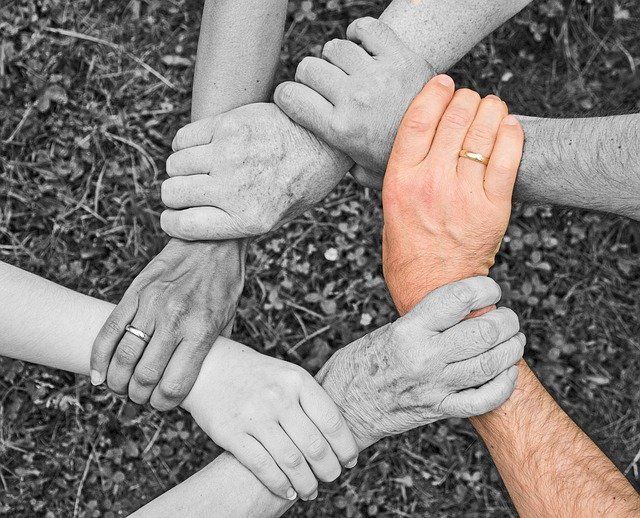
Fairness for Thoughts: Creating the Path to Unity in 2024
The cry for justice in a world speeding toward development is so loud that it pierces through traditional boundaries and into the core of who we are: our thoughts. In 2024, we are on the verge of a paradigm change in which pursuing inclusivity is not only the goal but also essential to a healthy society. This essay examines the critical significance of promoting inclusivity, the challenges faced, and clear paths to mental justice in the modern era.
The Fundamentals of Inclusivity
A thriving society is built on inclusivity. In a world where disparities in ability, gender, ethnicity, and socioeconomic status abound, the need to embrace inclusivity is more important than ever. In addition to being morally required, inclusion fosters creativity and societal resilience by utilizing the combined knowledge and inventiveness of varied viewpoints. By 2024, promoting inclusivity will be more than just a lofty ideal; it will be a practical tactic for creating a strong and vibrant international community.
Overcoming Obstacles:
Despite the obvious need for diversity, there are many obstacles in the way. The challenges are many and include those related to employment, education, technology, and social norms.
Instruction
Justice for minds is not yet realized due to persistent disparities in educational opportunity. Systemic improvements are the answer; these include inclusive teaching methods, diverse curriculum, and equitable resource allocation to guarantee that every person has equal access to high-quality education.
Work:
Inequality in opportunity and discrimination are major issues in the workforce. Businesses need to put diversity and inclusion first if they want justice for minds to win out. Equal pay, inclusive policies, and fair hiring practices are essential elements in developing organizations that empower people of all backgrounds.
Technology
If technology is not properly developed, biases might be reinforced. In 2024, morality will play a major role in technology development. By aiming for accountability and justice, we can make sure that AI and algorithms promote inclusivity rather than exacerbate already-existing disparities.
Stigmas in Society
Some communities are still marginalized by ingrained societal stigmas. In order to promote inclusion, one must confront and destroy these stigmas and cultivate a society that values diversity and opposes prejudice based on a person’s gender, ethnicity, or other characteristics.
Paths of Advancement
A few paths stand out as essential in overcoming the obstacles and attaining mental justice by 2024.
Reforming Education
It is essential that education undergo comprehensive reforms. This entails guaranteeing fair access to educational resources, encouraging cultural awareness among educators, and changing curricula to incorporate varied perspectives. Education ought to promote inclusivity rather than maintain inequality.
Corporate Accountability
Businesses have a significant impact on how the workforce is shaped. Adopting inclusive recruiting procedures, offering diversity training, and promoting an inclusive workplace culture are all examples of corporate responsibility. In the workplace, diverse leadership and mentorship initiatives play a major role in breaking down barriers.
Ethics of Technology
It is indisputable to prioritize technological ethics in a society where technology is everything. In order to guarantee that technology is created to benefit everyone equally, engineers and developers need to be aware of algorithmic biases. Including varied teams in the development of technology broadens viewpoints and highlights potential hazards.
Participation in the Community
It takes involvement to create an inclusive society. Initiatives for community engagement, such as awareness campaigns and discussion forums,



